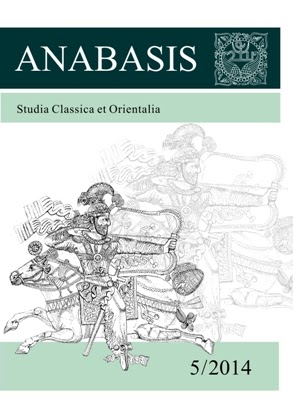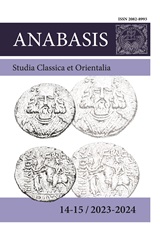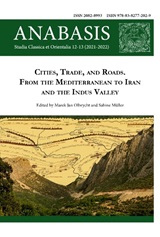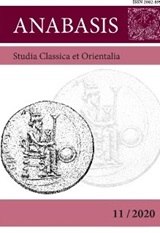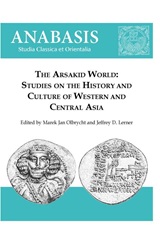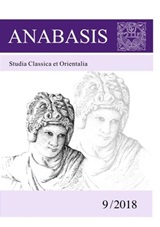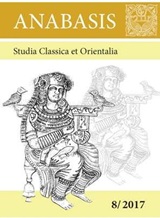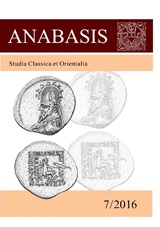Vorarbeiten zu einer Königsliste Kaukasisch-Iberiens. 3. Pharasmanes II. und Xepharnug
Keywords:
Arsacids, Caucasian history, Georgia (Caucasus), Iberia (Caucasus), PharnabazidsAbstract
Pharasmanes II was son (not younger brother) of Mithradates III and so great-grandson of Pharasmanes I. He was king of Iberia in 129 AD at the latest. His reign was determined by quarrels with the Caucasian Albanians' king for the sake of the „Caspian Gates“, the pass of Derbend. Like his forefather he incited the Alans to a raid into some Caspian and Caucasian countries. Having won the pass in this way, he was forced by Arrian, Roman governor of Cappadocia, to restore the Gates to his Albanian neighbor. Pharasmanes, who had avoided a meeting with Hadrian, visited Antoninus Pius in Rome with his queen and his heir apparent. This crown prince was very likely Xepharnug, who is mentioned in an Armazian inscription as (Iberian) king reigning after Pharasmanes. Georgian historical tradition paints a quite different picture of Iberian kingship in the first and second centuries. Following the death of „Aderki“, we have five generations of split reigns. Memories of Pharasmanes II survive in the dyarch Parsman the Magnanimous and his grandson Parsman, second ruler of a re-united Kartli. That is why some scholars number Pius ́ contemporary king of Iberia „Pharasmanes III“.
Downloads
Published
How to Cite
Issue
Section
License
Copyright (c) 2014 Anabasis. Studia Classica et Orientalia

This work is licensed under a Creative Commons Attribution-NonCommercial-NoDerivatives 4.0 International License.

